Government Blocks Screening of BBC Documentary on Protester Killings
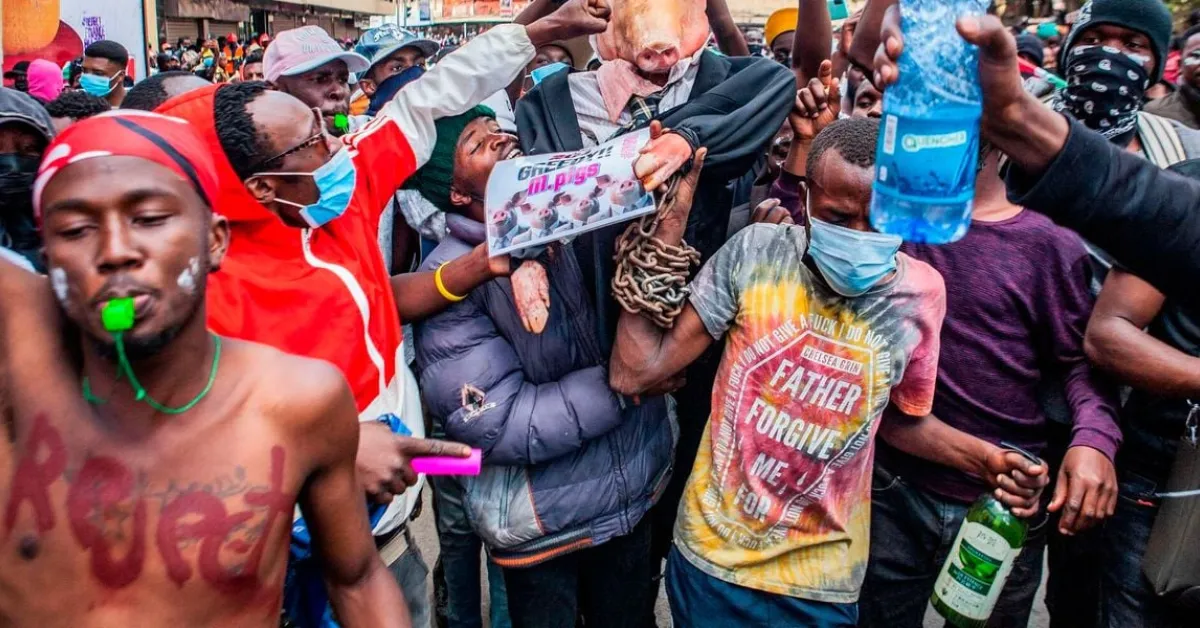
The Kenyan government is facing escalating scrutiny amid allegations of unlawful killings by security forces during anti-tax protests in June 2024.
This comes on the heels of a suppressed documentary by BBC Africa Eye, "Blood Parliament," which investigates the fatal shooting of unarmed protesters. The scheduled public screening of "Blood Parliament" in Kenya has been abruptly cancelled, allegedly due to governmental pressure, sparking condemnation from media watchdogs and human rights organisations. The BBC expresses its disappointment, affirming that the documentary remains accessible on its YouTube channel.
The film presents an in-depth account of the death of Eric Shieni, a finance student who was fatally shot while leaving the Parliament grounds during the protests. The investigation by BBC Africa Eye meticulously examined over 150 images, concluding that Shieni was shot in the back of the head while unarmed. Investigators identified a member of the Kenya Defence Forces (KDF) as the individual responsible for the fatal shot, although official confirmation is pending. Images purportedly of the shooter have been widely circulated on social media, intensifying public outrage.
KDF Spokesperson Paul Njuguna vehemently refutes the allegations, emphasising that the Independent Policing Oversight Authority (IPOA) is the designated body for investigating such incidents. Njuguna states that IPOA has not sought information from KDF nor published findings implicating KDF personnel in connection to the June protests. He reaffirms KDF's commitment to upholding the rule of law, asserting that the military's deployment during the protests was within constitutional mandates.
The anti-tax protests were triggered by widespread opposition to the Finance Bill, leading to the deployment of KDF to support the National Police Service (NPS) in quelling civil unrest. This deployment marked a rare instance of military involvement in domestic protests, authorised under Article 241(3)(b) of the Kenyan Constitution. Then-Interior Cabinet Secretary Kithure Kindiki, now serving as Deputy President, reported 42 deaths, 132 disappearances, and 1,208 arrests during the protests. The documentary's revelations have galvanised renewed calls for justice. Hosea Manwa, a member of the Law Society of Kenya and an advocate for victims of enforced disappearances, demands accountability.
"The details in the exposé must be investigated, and if guilt is established, those responsible should face the full force of the law," he stated.
The alleged involvement of KDF officers in the unlawful killing of unarmed civilians has triggered questions about the military's role in domestic security operations. Traditionally tasked with safeguarding Kenya's borders, the military's deployment during the protests was formalised through a gazette notice issued by then-Defence Cabinet Secretary Aden Duale. Critics argue that such deployments blur the lines between military and law enforcement responsibilities, undermining democratic norms.
Activists and observers warn that failure to address these allegations could erode confidence in institutions meant to protect citizens.

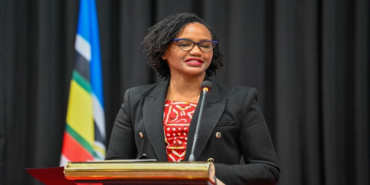
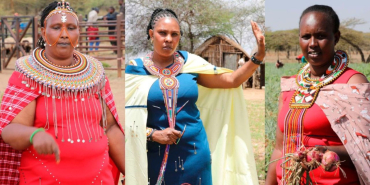
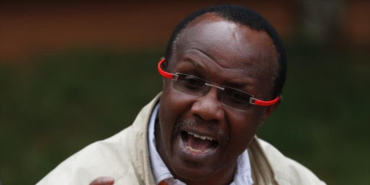
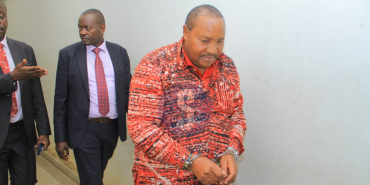
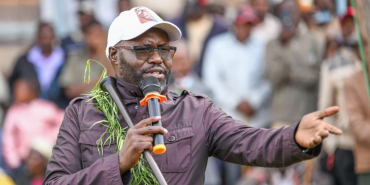
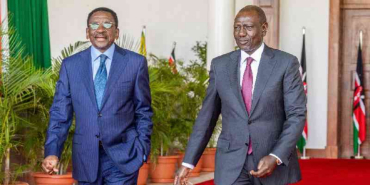
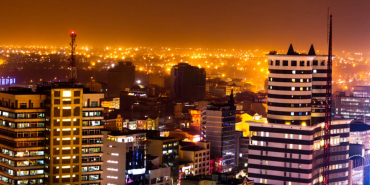
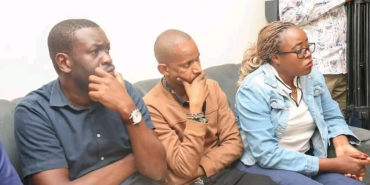



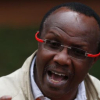

Add new comment